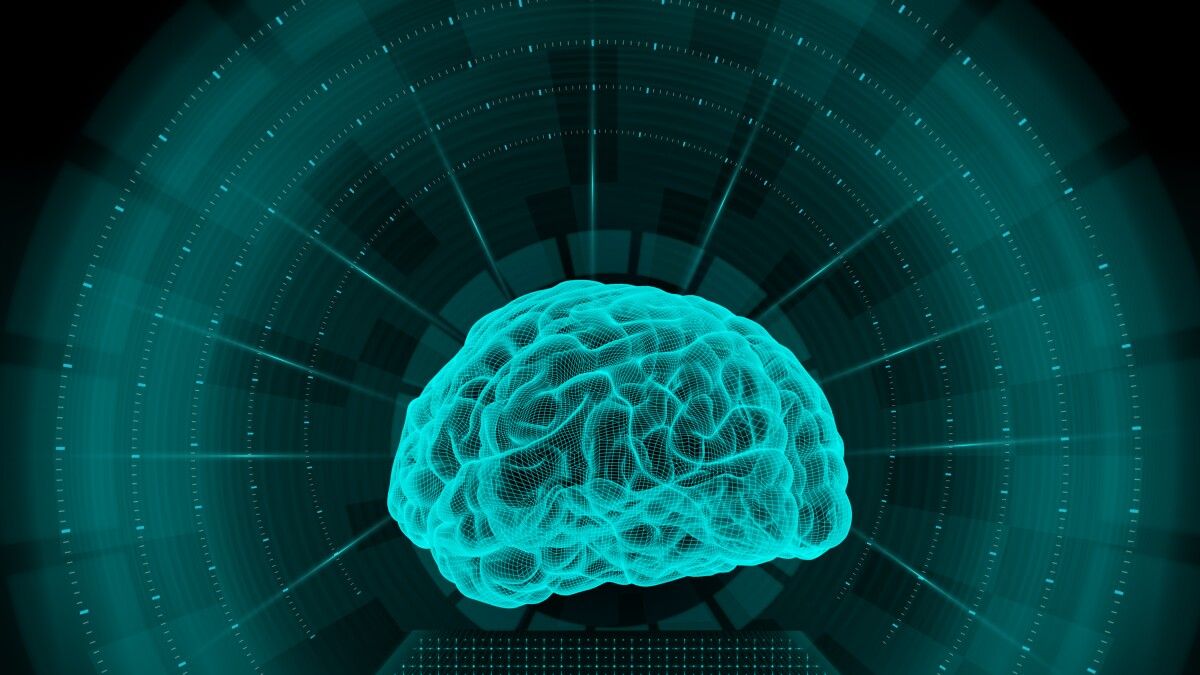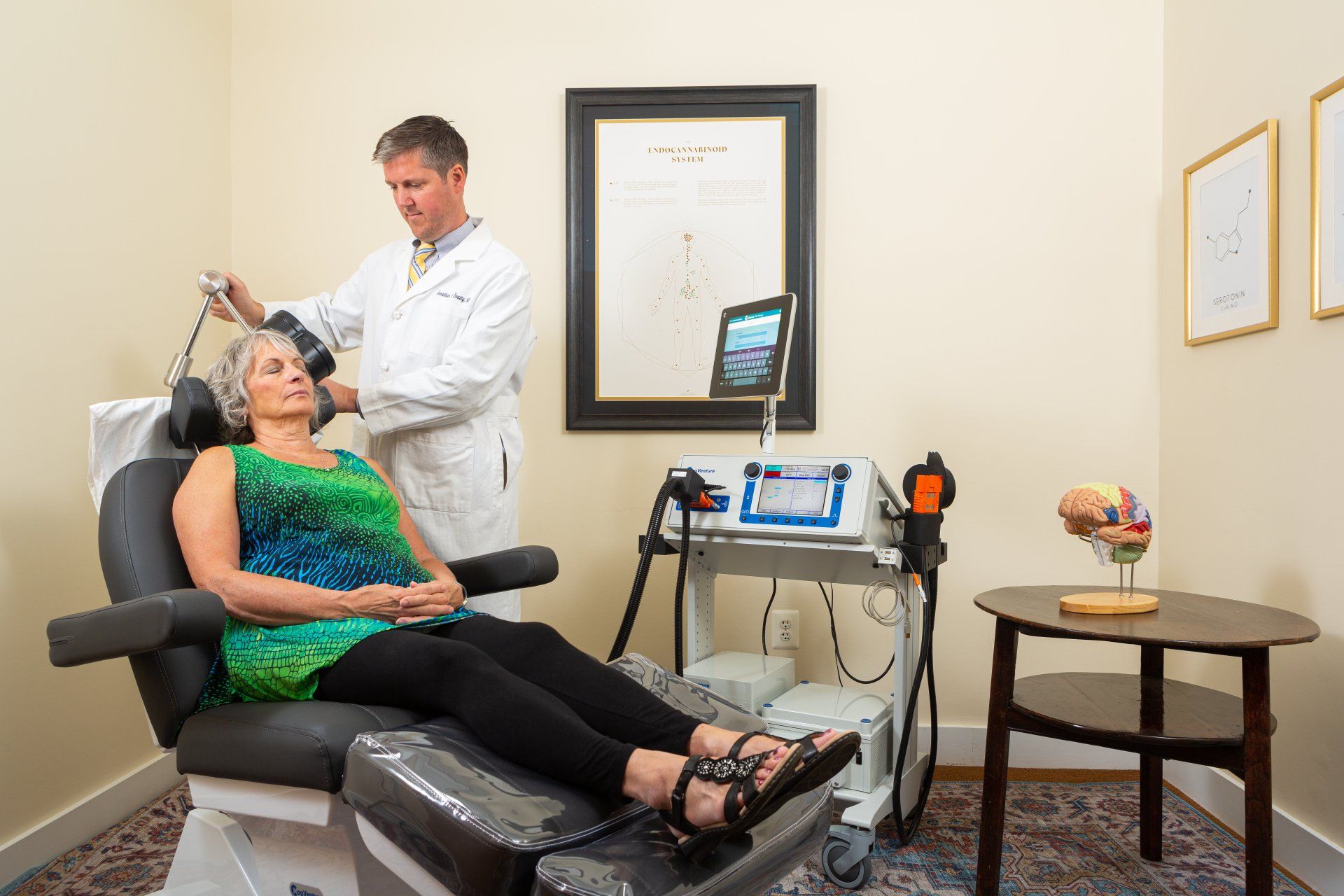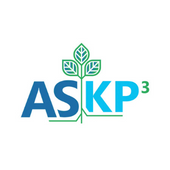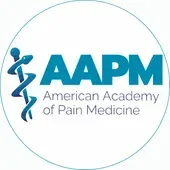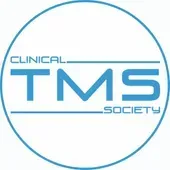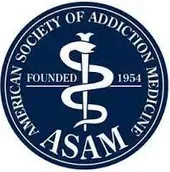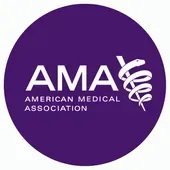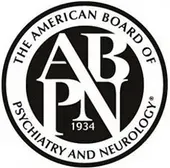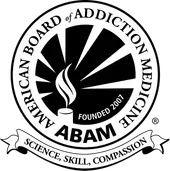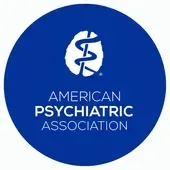The Causes of Treatment-Resistant Depression and How to Get Relief
Wave Treatment Centers
Signs of Treatment-Resistant Depression
Depression is a mood disorder that can cause those who have it to experience periods of time where their depression kicks into full gear. This is the nature of depression, as this mental illness is not curable but instead, treatable. Those who do not get any relief via traditional treatment methods can exhibit other symptoms that align with treatment-resistant depression.
The signs of treatment-resistant depression can include, but are not limited to the following:
- Little or no response to antidepressant medications or therapies
- Slight improvement followed up by return of symptoms
- Longer, more intense depressive episodes despite treatment
- Development of anxiety or an anxiety disorder
It can be difficult to determine if what an individual is experiencing is actually treatment-resistant depression or just inadequate treatment. Therefore, it is important for them to consider some specific factors. For starters, these individuals should consider if they are taking their medications as prescribed. This means taking medication daily without skipping or forgetting doses. Also, it’s worth it to look at whether or not the therapy they are obtaining is working for them or not. Sometimes, individuals can get paired with therapists who they don’t click with or who are not skilled enough in providing specific treatments. Taking a good personal inventory of these factors can help individuals better understand what they may be experiencing.
Causes of Treatment-Resistant Depression
As previously mentioned, some people may think they have treatment-resistant depression because they are not following treatment guidelines appropriately or are not obtaining effective care. Outside of this, however, one might wonder: “What are the causes of treatment-resistant depression?” There are a number of different ideas as to why some people struggle to benefit from traditional depression treatments.
Low Levels of Neurotransmitters in the Brain
Research has shown that depression is most often linked to low levels of specific neurotransmitters in the brain. According to Harvard Medical School , neurotransmitters like serotonin, norepinephrine, dopamine, and glutamate are all connected to depressive disorders. The vast majority of people who have depression experience low levels of these neurotransmitters, which is typically treated with antidepressant medications that help increase their levels. However, not everyone responds to antidepressant medications, forcing some to wonder what is the cause of their treatment-resistant depression?
Genes
Newer studies have highlighted commonalities in some people with depression related to genes. These studies suggest that people experiencing treatment-resistant depression may be lacking two specific genes that work to build out brain circuits. When this is the case, antidepressants that would normally work for those with low levels of certain neurotransmitters in the brain are not as effective, leaving the door open for continued symptoms of depression.
Tachyphylaxis
Tachyphylaxis is the clinical term used to explain what happens when certain medications (like antidepressants) stop being effective for certain individuals. There is currently no known reason as to why this occurs, however, it happens to roughly 20-30% of those with depression. For example, someone who experiences tachyphylaxis will take an antidepressant and experience benefits from it before feeling those benefits peter out.
Can Treatment-Resistant Depression Be Treated?
The good news is that, despite the many causes behind treatment-resistant depression, there are a number of alternative treatments that have proven to help address this troubling condition.
At Wave Treatment Centers, we provide several non-conventional treatment options that are fully backed by science and are safe. The most popular of our options is transcranial magnetic stimulation or TMS. This type of treatment works by sending magnetic waves into certain areas of the brain most impacted by depression to stimulate activity and reduce symptoms. This non-invasive, FDA-approved treatment does not hurt or typically does not produce any severe side effects.
In addition to TMS, we help answer the question: “What are the causes of treatment-resistant depression?” by utilizing our therapies to help combat several causes. For example, many of our patients receive ketamine therapy, where small doses of ketamine are administered in an effort to help reduce symptoms related to depression. A similar treatment can also be provided with SPRAVATO, a daily pill that helps to activate neurotransmitters affected by depression in the brain. When taken under guidance and care, patients can benefit from these alternative therapies without risking their well-being.
Treatment-Resistant Depression Treatment in Chestnut Hill
At WAVE Treatment Centers, we understand just how difficult it can be to carry on when you are experiencing treatment-resistant depression. Our team of licensed, experienced, and dedicated professionals strive to provide the best possible care to each and every one of our patients so that their symptoms of depression can be better managed.
If you or someone you love is in need of help regarding treatment-resistant depression, reach out to us using our contact form or give us a call. We are here to help make your depression easier to live with so you can begin living the life you have dreamed of.
The post The Causes of Treatment-Resistant Depression and How to Get Relief appeared first on WAVE Treatment Centers.
Schedule Your Consultation
Chestnut BLOG Form Submission


